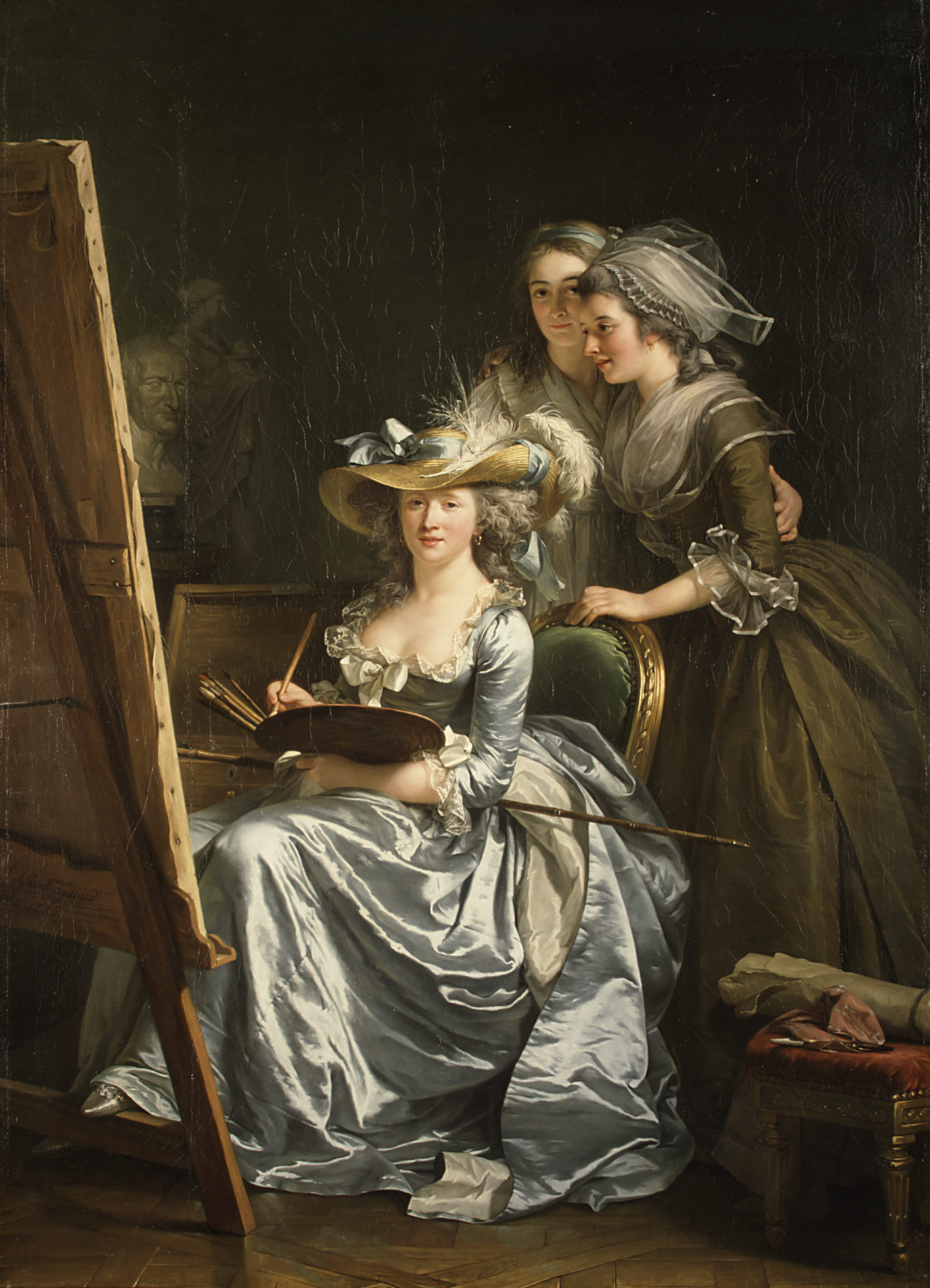But at the same time, I am not sure genre-fidelity is such a good idea. Different genres respond to the complex realities of our times in different ways. I find it hard to fit all my concerns, all my interests in one genre or another. If someone asks me, what is my "favorite" genre, I would not necessarily know how to answer. What I do with poetry, cannot be accomplished via short fiction. And what I do in my short stories cannot be done in my academic writing. Now, the challenge is, to follow through the projects, keep on hacking at them, see where they take me after a considerable period of time.
I am getting better at this act of "following through." But it's still often a challenge. So, right now, I am not planning to write any new short stories. Because, I have plenty which are sitting there, after one, two or three drafts. I need to process the feedback they got, revise them and keep on revising them. Now, I am not one of those people who likes to implement something in a mechanical kind of a way. So, if I have a burning desire to write something new, I will write a new one. What I am trying to say here, that is not going to be my priority for a while.
Besides, I am finding it hard to devise new creative prose, even if it's fiction, while I am working on my dissertation. I guess, my mind is too full of prose! That is why, I feel somewhat accomplished-- I have been able to revise this story that I wasn't too sure of after the first draft. In other news, today I took the print-outs of the manuscript 2 and spira-bound it to make it look like a book (finally!). So, I will be able to read through them and see where it stands. One of my closest friends had interesting things to say. Now, I will have to plunge into the process myself.
_MiaWasikowska_500x341.jpg)

